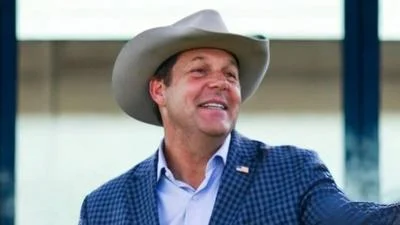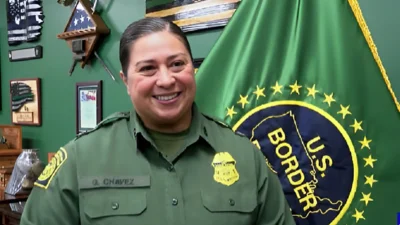The Congressional Record is a unique source of public documentation. It started in 1873, documenting nearly all the major and minor policies being discussed and debated.
“BACKGROUND CHECKS IN 1999” mentioning the U.S. Dept. of Justice was published in the Senate section on pages S4813-S4814 on June 8, 2000.
The publication is reproduced in full below:
BACKGROUND CHECKS IN 1999
Mr. LEVIN. Mr. President, last weekend, a new report was released by the Justice Department about the successes of the Brady Law. The Brady Law requires that a prospective gun purchaser undergo a criminal background check before obtaining any firearm from a federal firearms licensee. The law is intended to prevent felons, fugitives, domestic abusers, and other prohibited persons from gaining access to guns. The new information brought the number of purchase rejections up to more than half a million since enactment of the Brady Law in 1994.
According to the report, the number one reason for rejection was because the applicant either had a felony conviction or was under felony indictment. Of the approximately 200,000 purchase rejections in 1999, almost three-quarters, or 150,000 were denied for this reason. The second most common cause for rejection was a domestic violence misdemeanor conviction or restraining order, accounting for approximately 13% of rejections or 27,000 applications. Other applicants were denied the ability to purchase guns because of fugitive status, mental illness or disability, drug addiction, or state or local prohibition. In total, in 1999 alone, the Brady Law kept more than 200,000 guns off the streets and out of the hands of prohibited purchasers.
The Brady Act has been effective but its success has been undermined by a loophole in the law that allows criminals to purchase guns from non-licensed sellers. That loophole allows felons, fugitives or other prohibited persons to purchase guns at gun shows without undergoing background checks. It is a loophole often exploited by those with objectionable backgrounds, some of whose applications have already been rejected by federal, state, or local law enforcement agencies.
Congress made significant strides to reduce the level of gun violence by enacting the Brady Act, but now it's time to finish the job. Congress must close the gunshow loophole, otherwise the successes of Brady are weakened. As a reporter in my home state of Michigan said yesterday, ``the same statistics that demonstrate the usefulness of the background checks that have been in place since passage of the Brady bill cry out for closure of the loopholes that allow criminals turned away by licensed dealers to purchase guns with impunity elsewhere.''
I urge Congress to close the gun show loophole and stop undermining law enforcement's ability to keep guns off the streets and out of the hands of dangerous criminals.
____________________








